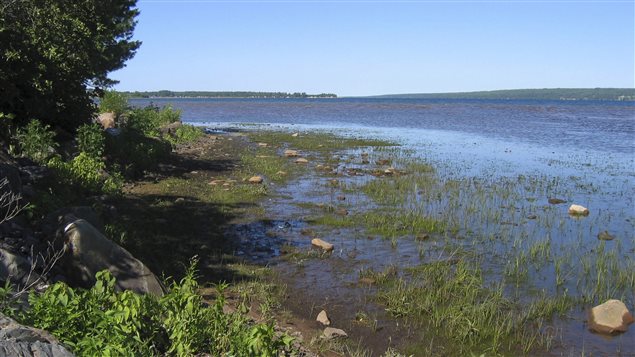Residents and industries that rely on North America’s Great Lakes for sustenance are breathing a sigh of relief–at least for now.
A new report says the water levels of the lakes are on the rise, ending the longest-ever recorded period of receding levels.
Some 30 million people in two Canadian provinces and eight US states rely on the lakes as a source of drinking water.
The rise is also good news for the shipping industry in both Canada and the US.
Shallow channels and harbours have forced vessels to lighten their loads of coal, iron ore, and other bulk cargo.
Last month, Lakes Superior, Michigan, Huron, and Erie were above their average monthly levels, while Lake Ontario was slightly below average.
In September, all five lakes were above average for the first time since the drop-off began in the late 1990’s.
Scientists attribute the turnaround to two unusually wet years.
The report predicts little change over the next six months, but it holds back on a longer-range forecast.
The higher levels are sharp contrast from recent trends. In January, 2013 Michigan and Huron were at their lowest level since recordings began almost 100 years ago.
Climate models suggest global warming may fuel increasingly severe storms and droughts, along with temperature extremes that can influence evaporation rates.







For reasons beyond our control, and for an undetermined period of time, our comment section is now closed. However, our social networks remain open to your contributions.